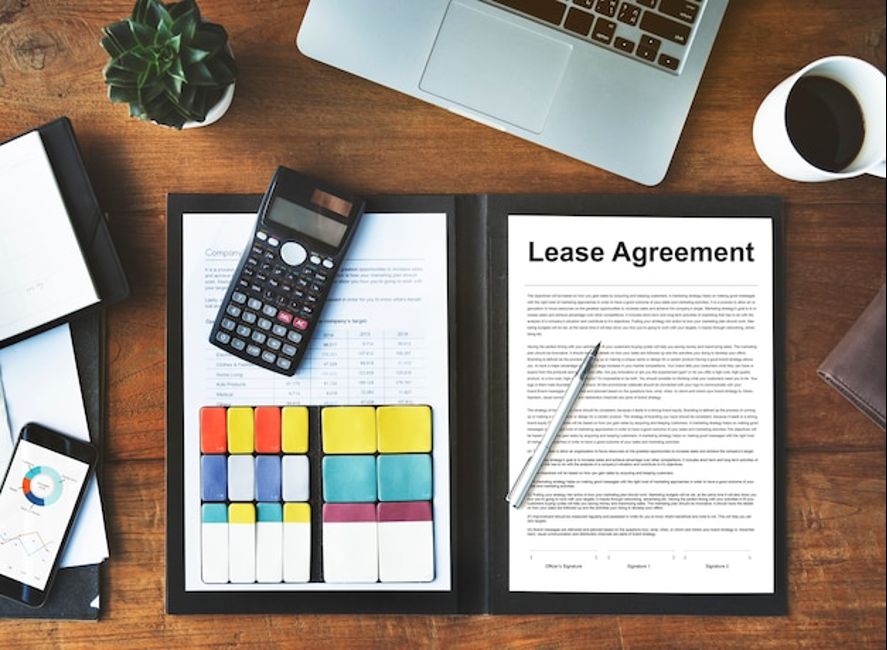Imagine stepping into your dream home, a place filled with warmth and memories. But what if that dream comes with hidden strings attached? Buying property on leased land can seem like a golden opportunity, offering lower initial costs and the chance to build your ideal space.
Yet, beneath the surface lies a landscape filled with potential pitfalls. Understanding the realities of leased land is crucial for anyone looking to invest wisely. Let’s explore the pros and cons to ensure your investment is truly a dream come true, not a nightmare waiting to unfold.
Understanding Leased Land Investment
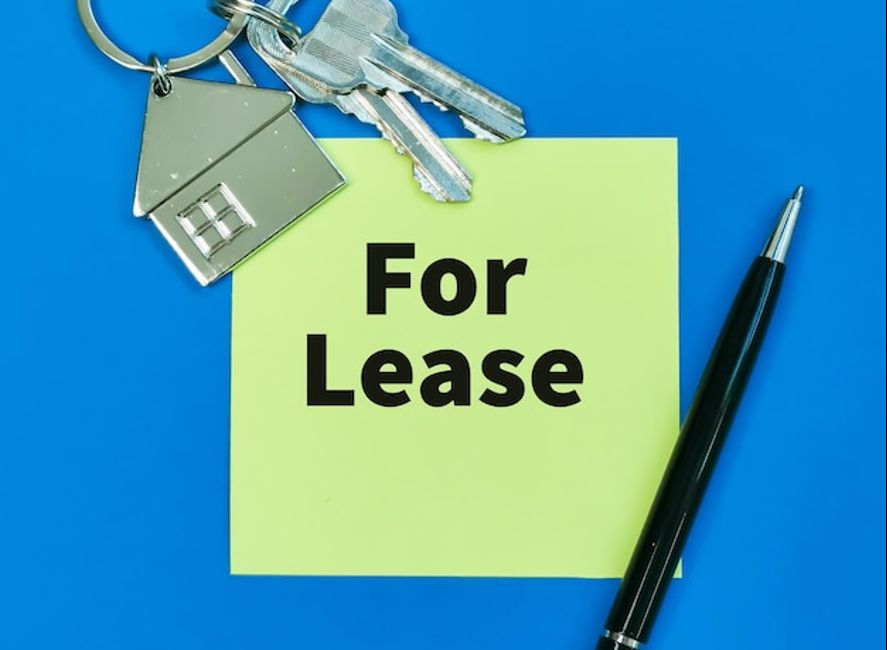
Leased land is land owned by someone else, where you can build or use property for a specific period.
While this might seem appealing for entering the real estate market, it’s important to know the implications. With a freehold property, you own both the land and the home.
However, with leased land, you only own the structure. This distinction can significantly impact your long-term plans.
The Disadvantages of Buying on Leased Land
Here are some challenges that come with buying property on leased land:
1. Property Loses Equity
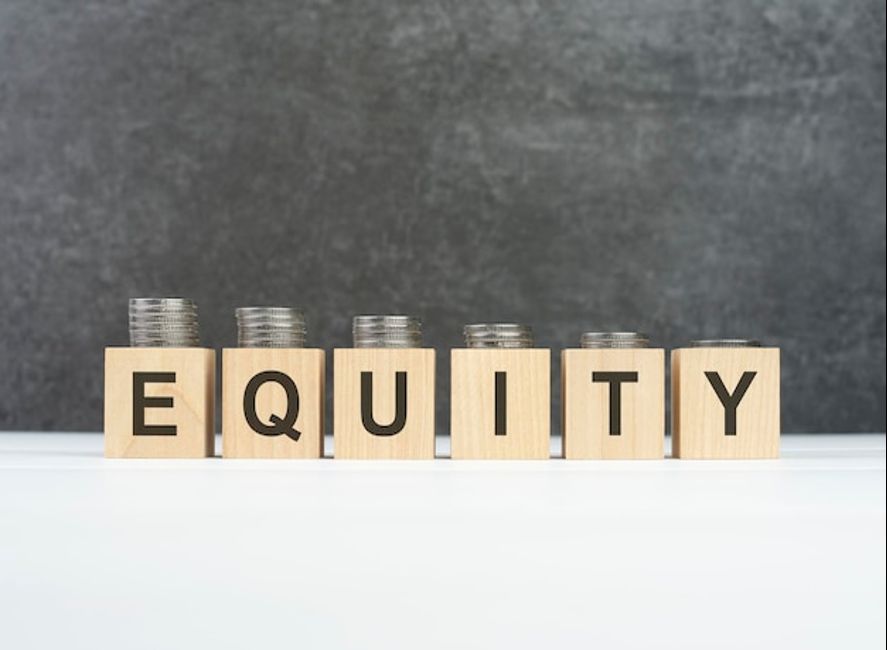
Investing in a home ideally builds property equity over time. Unfortunately, with leased land, since the land isn’t yours, you miss out on ownership benefits. As the lease timeframe runs out, so does your investment potential.
2. No Freedom for Your Property

Living in a beautiful home but following landowner rules can be frustrating. You must adhere to the lease terms, which can limit how you use your property.
3. Non-Renewable Lease Contracts
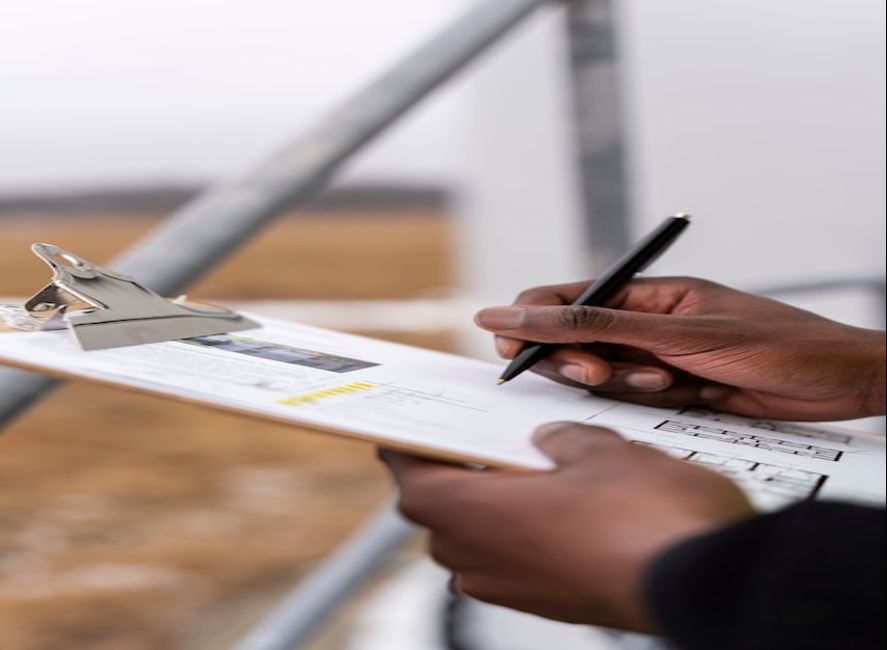
Some lease agreements may be non-renewable, meaning you might have to vacate once the lease expires. The landowner can impose new conditions that may not suit your needs.
4. Hedge Against Inflation
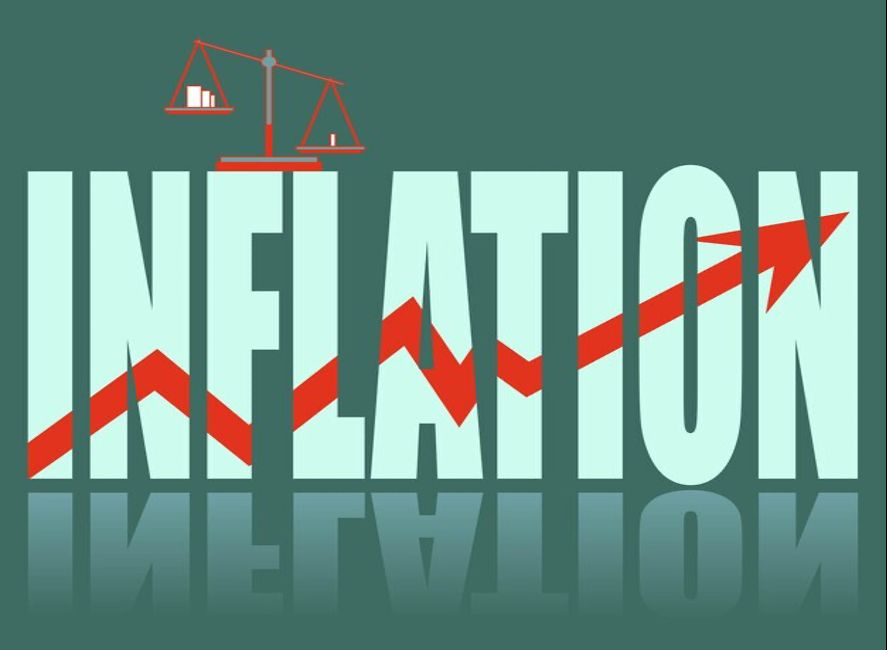
Land typically appreciates over time, serving as a hedge against inflation. However, if you’re on leased land, your investment might not keep pace with inflation, impacting your financial health.
5. Non-Profitable Resale Value
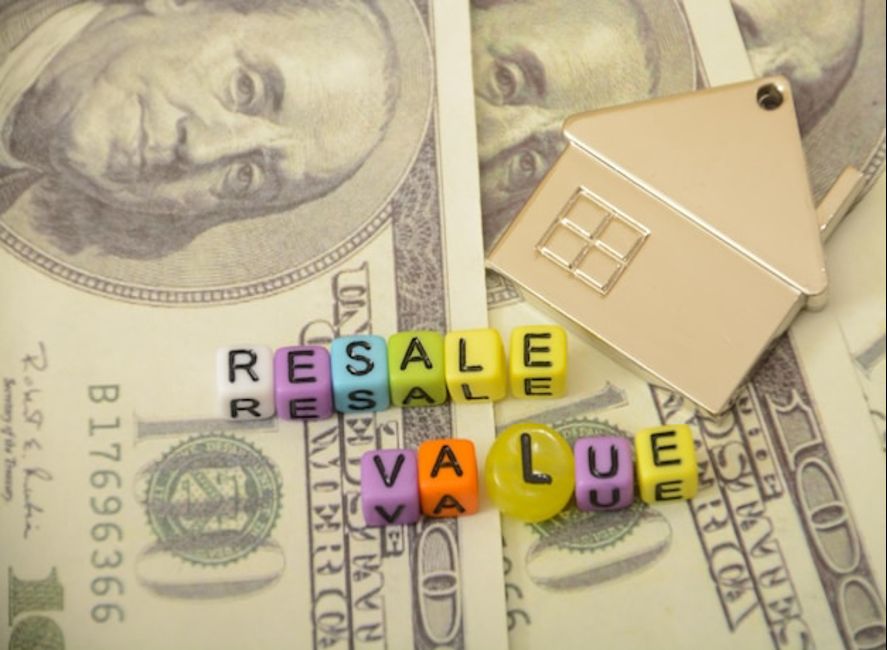
One of the biggest pitfalls is the non-profitable resale value of your property. If you want to sell, you may struggle to make a profit because the property isn't technically yours.
6. Affected by Homeowners Association Fees

Many leased land communities come with homeowners association (HOA) fees that can rise with inflation. These fees can diminish your investment’s value over time.
Navigating the Risks

What can you do? Before diving into a leased land investment, it’s vital to do your homework.
Consult a real estate advisor who can help you understand the financial implications of leasing and guide you through potential real estate financing options.
FAQs
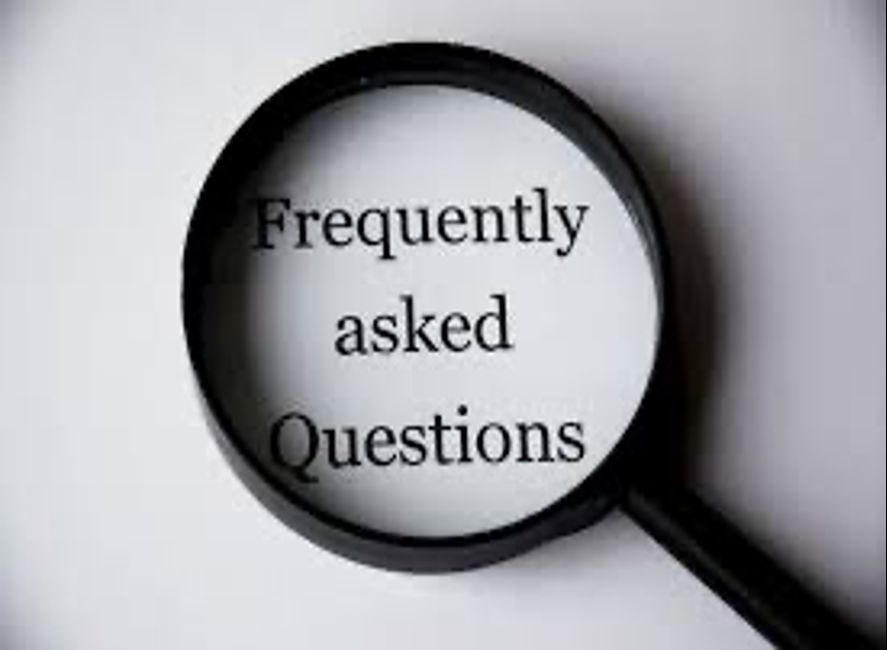
Q: Can I make changes to my property on leased land?
A: Generally, any changes need landowner approval, which can limit your creativity.
Q: What happens if the lease expires?
A: You may have to vacate or renegotiate terms, which can be unpredictable.
Q: Is buying on leased land a good investment?
A: It can be risky; thorough research is essential.
Case Studies

Consider these scenarios:
Success Story: A friend negotiated favorable lease terms and improved her leased property, later selling it for a small profit.
Pitfall Example: An acquaintance rushed into a deal without understanding the lease. When it came time to renew, increased fees led him to sell at a loss.
